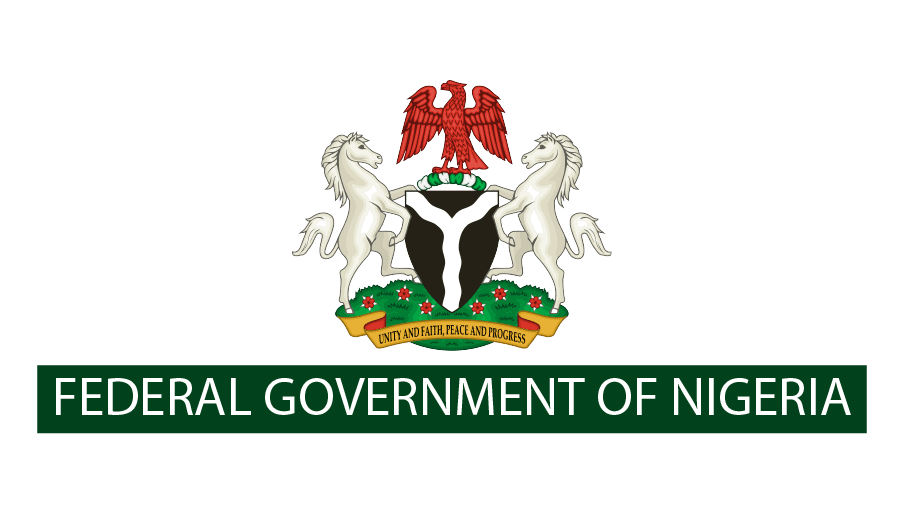Shippers Council Goes Paperless, Unveils...
December 10, 2025
- Shehu Musa Yar'adua Centre, 1 Memorial Drive, Central Business District, FCT Abuja.
- +2349036318230
Frequently Asked Questions
Get answers to common questions about Infrastructure Dialogue
Find all the information you need about participation, registration, sponsorship, and the key concepts being discussed at our landmark event.
You can participate in the Infrastructure Dialogue 2025 by registering through our online portal. The event welcomes stakeholders from government agencies, private sector, financial institutions, and development organizations interested in sustainable energy and agricultural infrastructure development.
Yes, registration for the Infrastructure Dialogue 2025 is completely free. We believe in creating an inclusive platform where all relevant stakeholders can contribute to this important national conversation.
We offer different sponsorship packages designed to provide various levels of visibility and engagement during the event. Please contact us at projects@infradialogue.com for detailed information on available packages and benefits.
‘Hard’ infrastructure refers to the large physical networks necessary for the functioning of a modern industrial nation, whereas ‘soft’ infrastructure refers to all the institutions which are required to maintain economic, health, cultural and social standards of a country, such as the financial system, the economic system, the health care, the system of government and law enforcement as well as emergency services.
Yes, digital infrastructure has become increasingly critical for development. The first edition of Infrastructure Dialogue focused specifically on digital connectivity’s role in modern economies. Digital infrastructure enables innovation across all sectors, including energy and agriculture, which are the focus of this year’s dialogue.
Economic infrastructure is the combination of basic facilities that is helpful in the economic development of an economy and businesses. It includes facilities of telecommunication, electricity, transportation, energy, etc. Social infrastructure is a combination of basic facilities that are necessary for human development. It includes health (hospitals), education (school, colleges, etc) and housing.
The empirical findings show a positive relationship between physical infrastructure and economic growth. The results showed that infrastructure development plays a key role to sustain the accelerate the process of economic growth and sustain it in the long-run. Moreover, economic growth can be stimulated by making an investment in the major determinants of economic growth i.e physical infrastructure.
Infrastructure work does create jobs because most infrastructure work is done by private concerns who have to hire people to do the work. Construction jobs are inherently temporary but high paying, so there is value there. Additionally, as highlighted in our concept note, improved energy and agricultural infrastructure creates sustainable livelihoods in rural areas through expanded farming operations, processing facilities, and related agribusiness ventures.
Because of its intensive use of infrastructures, the transport sector is an important component of the economy and a common tool used for development. This is even more so in a global economy where economic opportunities have been increasingly related to the mobility of common people and freight, including information and communication technologies. A relationship between the quantity and quality of transport infrastructure and the level of economic development is apparent. High-density transport infrastructure and highly connected networks are commonly associated with high levels of development. When transport systems are efficient, they provide economic and social opportunities and benefits that result in positive multiplier effects such as better accessibility to markets, employment, and additional investments. When transport systems are deficient in terms of capacity or reliability, they can have an economic cost such as reduced or missed opportunities and lower quality of life.
Transport is regarded as a crucial factor in improving agricultural productivity. It enhances the quality of life of the people, creates a market for agricultural produce, facilitates interaction among geographical and economic regions and opened up new areas to economic focus. Improved transportation will encourage farmers to work harder in the rural areas for increased production, add value to their products, reduce spoilage and wastage, empower the farmers as well as having a positive impact on their productivity, income, employment and reduce poverty level in the rural areas.
Effective infrastructure development requires collaboration between government and private sectors. The government establishes enabling policy frameworks and regulations, while private firms bring innovation, efficiency, and additional funding. This dialogue specifically addresses enhancing Public-Private Partnership structures for sustainable energy and agriculture infrastructure, recognizing that neither sector alone can meet Nigeria’s infrastructure needs.
Public-Private Partnership (PPP) is a collaborative arrangement between government and private sector entities to finance, build, and operate infrastructure projects. PPPs play a crucial role in bridging funding gaps, improving project delivery efficiency, and ensuring long-term sustainability of infrastructure assets. The Infrastructure Dialogue 2025 will explore innovative PPP models specifically tailored for Nigeria’s energy and agricultural sectors.
Infrastructure financing is the cornerstone of development. Without adequate financing mechanisms, even the best-designed infrastructure projects cannot move from concept to reality. The Infrastructure Dialogue 2025 will highlight innovative financing models, including climate finance and international funding sources, to attract the capital needed for large-scale infrastructure development in Nigeria’s energy and agricultural sectors.
Effective project management is essential for successful infrastructure development, ensuring that projects are completed on time, within budget, and to specifications. In Nigeria’s context, where resources are limited and needs are great, proper project management helps maximize the impact of investments in energy and agricultural infrastructure, reduce waste, and ensure that intended benefits reach communities and businesses.
Infrastructure Dialogue 2025 is powered by:





Get In Touch
- Shehu Musa Yar'adua Centre, 1 Memorial Drive, Central Business District, FCT Abuja.
- +2349036318230
- info@infradialogue.com
- Mon - Fri : 8am - 5pm
Latest Posts
- Nigeria, China Deepen Agricultural Coope... December 10, 2025

